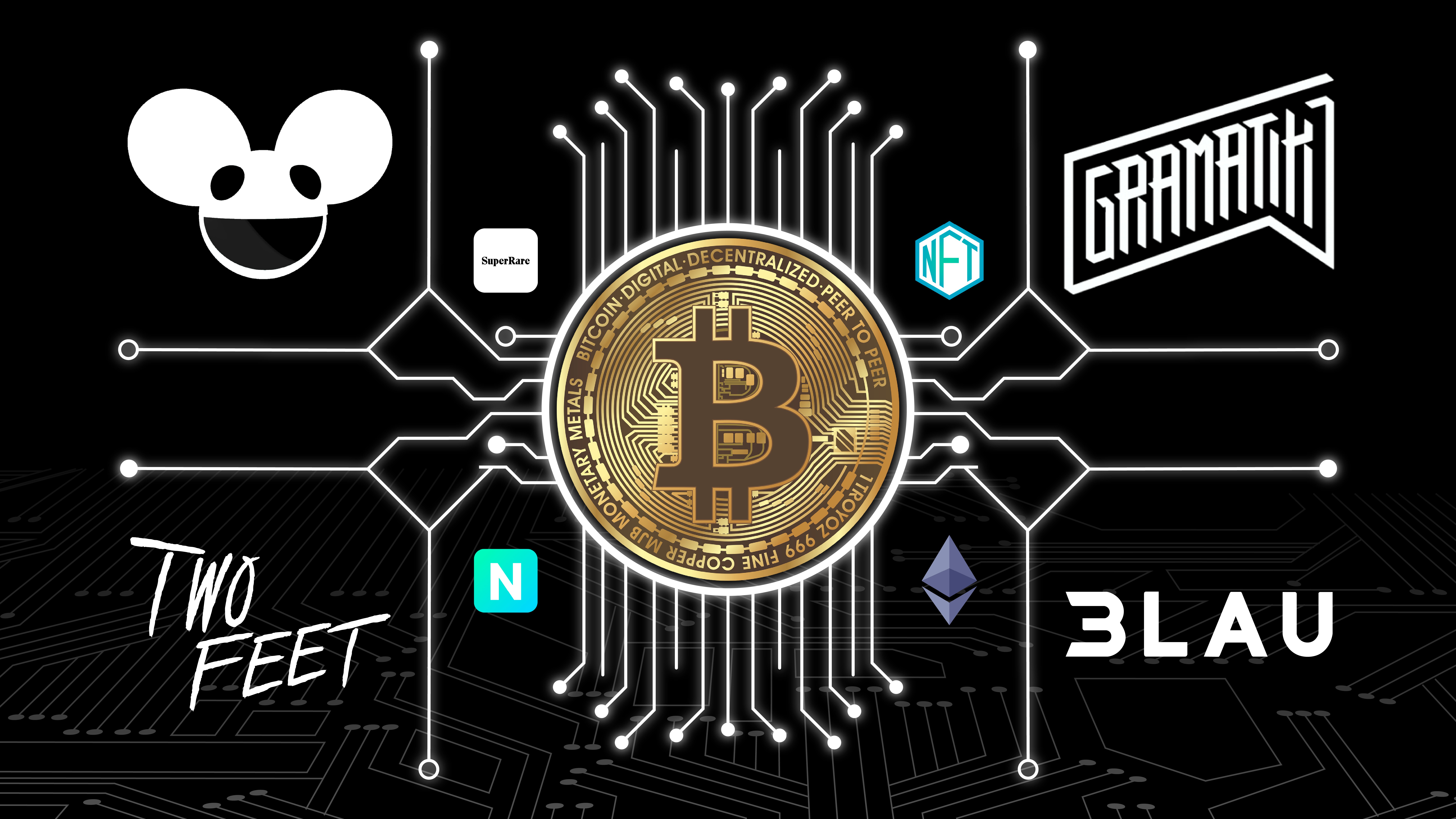
For the last more than a decade, all I’ve ever heard bankers say is that bitcoin is a scam, a Ponzi scheme, purely useful for money launderers, paedophiles and terrorists. So, why are banks now offering bitcoin services? For me, this is one of the biggest questions, but the answer is obvious: because customers want them.
During the first half of this year, almost ever major bank has made an announcement about offering custodial services, trading services, transaction services and more related to bitcoin, Ethereum and other cryptocurrencies. Yet, when talking to these banks, they tell me they still hate the idea of cryptocurrencies and still believe they are not for the public good. However, as one bank announces a cryptocurrency service, they have to follow the market trend.
But this is an interesting space. Banks providing cryptocurrency services but not believing in their viability is a fine line to tread.
What this typifies is the friction between analogue and digital, industrial and networked. The old world does not recognise the new world or vice versa. The new world believes in bitcoin; the old world does not. The new world is trying to create a new financial system; the old world is trying to protect the old financial system. The new world is born on the internet; the old world was born on the railroads.
This friction is clear to me in so many areas. It is almost like that scene from Les Miserables, with the rebels putting up the barricades and the government trying to knock them down. In the book and musical, the rebels lose; in reality, they won. King Louis XVI was executed, and the government fell.
This moment in time feels like a similar shift. The shift between old world structures and new world ideas. These themes were brought to a head by Elon Musk and his tweets about Dogecoins, a ‘joke’ currency. These themes were brought to a head by memes related to GameStop and Blackberry that saw their share prices boom on the back of a stock that had little value.
When I ask people about what’s going on, the answer invariably comes back that young people do not believe in the old system. They are rallying against it. They are pawning the short sellers by attacking the stocks they short. They are making millions on the back of currencies they don’t understand. They are bucking the system.
As a bank, this is a tough time. Do we support assets that we don’t believe have any value? Do we move into markets where we see no regulations? Do we operate under government guidance or market movements? Do we do whatever we have to do?
In my view, banks are doing whatever they have to do. Whilst they have CEOs who regularly spit on bitcoin, their trading desks and investment services offer to trade and invest bitcoin for you. Whilst they believe in blockchain and distributed ledger technologies, they will manage whatever digital assets the customers want them to manage. Whilst they resist digital transformation, they invest in doing digital work.
It’s a tough time and a tough moment, but it’s got to be done. The inevitable march of progress is forcing banks to change, whether they like it or not; and they are changing, whether they like it or not. It is just really hard to change to work with things you fundamentally do not believe in. However, if the customer believes in it, you have to.
Chris M Skinner
Chris Skinner is best known as an independent commentator on the financial markets through his blog, TheFinanser.com, as author of the bestselling book Digital Bank, and Chair of the European networking forum the Financial Services Club. He has been voted one of the most influential people in banking by The Financial Brand (as well as one of the best blogs), a FinTech Titan (Next Bank), one of the Fintech Leaders you need to follow (City AM, Deluxe and Jax Finance), as well as one of the Top 40 most influential people in financial technology by the Wall Street Journal's Financial News. To learn more click here...

